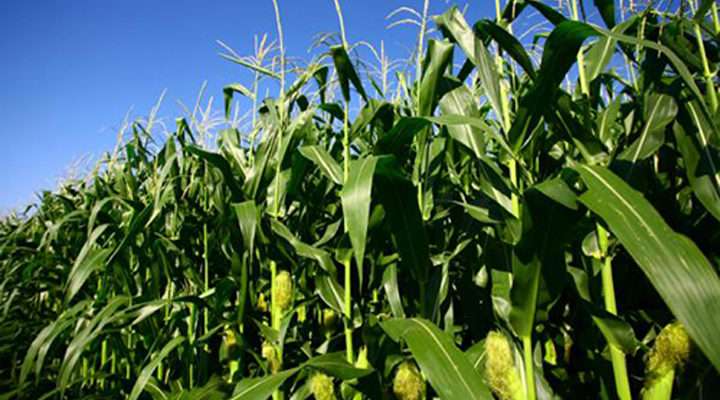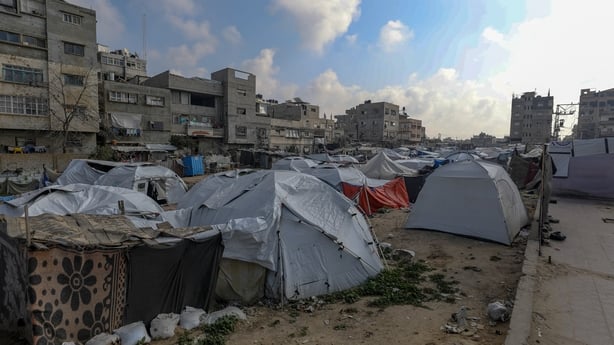Ken Ofori-Atta, the Finance Minister of Ghana during the presentation of the 2023 Mid-Year Budget Review in Parliament on the floor of parliament, has suggested that the popular Planting for Food and Jobs (PFJ) programme was a success because it has increased food security in the country.
During the presentation of the 2023 mid-year budget review, Ken Ofori-Atta said the Planting for Food and Jobs has developed Ghana’s agriculture sector. “This has resulted in increased food security, employment along agricultural value chains, and accessibility of raw materials for developing industries,” he said.
“Mr. Speaker, Planting for Food and Jobs has brought substantial improvements in Ghana’s agriculture sector. This has resulted in increased food security, employment along agricultural value chains, and accessibility of raw materials for developing industries. The programme has directly contributed to increased crop yields for major food staples such as maize, rice, and soya by 135 percent, 67 percent and 18 percent respectively within the period.
“After a comprehensive review, Government is finalizing PFJ Phase II to ensure a more efficient and targeted support for the agricultural sector. The key elements of Phase II are Inputs Credit System, Storage and Distribution Infrastructure, Commodity Trading and Digitised Platform.”
Ken Ofori-Atta
Ofori-Atta indicated that efforts toward promoting commercial agriculture, building technological capability, and advancing digitalisation under the GhanaCARES programme are on track.
Government Spearheading the Economic Enclaves Project
Ofori-Atta disclosed that the Government is spearheading the Economic Enclaves Project (EEP) to establish ‘growth poles’ in key locations including Kasunya (Greater Accra), Kumawu (Ashanti) and Banda (Oti Region). “The approach under the EEP is to provide agriculture infrastructure and land development support to our entrepreneurial youth and the formal private sector”.
“Mr. Speaker, to enhance production and value-addition in the enclaves, the provision of ancillary services such as housing, training facilities, irrigation canals, farm roads, and electricity have also commenced.”
Ken Ofori-Atta
The Finance Minister noted that the domestic private sector has responded positively to the provision of these services. He added that about ten (10) medium and large-scale enterprises with experience in the commercial agriculture space have applied to play diverse roles, ranging from anchor farmers to machine and equipment services, in the EEP site in Kasunya.

The PFJ market was introduced by the government as part of a larger plan to influence prices on the open market by transporting foodstuffs from farming communities and farm gates into the capital city, Accra to sell at reduced prices.
The three (3) other modules under the PFJ are: Mechanization, Greenhouse Villages and the Food Crops module. All five modules have been purposely designed and tailored for specific needs to facilitate the transformation of Ghana’s agriculture.
The PFJ focuses on delivering improved seeds, fertilizers and extension services to smallholder farmers across the country at a 50 percent subsidy absorbed by the government.

According to statistics by Ghana Statistical Service (GSS), after three year of the implementation of the Planting for Food and Jobs (PFJs) programme, it is important to mention that significant yield increases were recorded in 2017 for selected crops; maize yield increased by 67 percent from 1.8mt/ha to 3.0mt/ha; rice yield increased by 48 percent from 2.7mt/ha to 4.0mt/ha and soya yield increased by 150 percent from 1mt/ha to 2.5mt/ha.
In the second year, PFJ recorded 1,510,330mt in food production with a Value of Input Support at GHS 365,965,367 accounting for a value of food produced at GHS 3,426,983,000 equivalent to USD 616,363,849.
READ ALSO: Ghana’s Real GDP Growth Declines from 5.1% to 3.1%- Ken Ofori-Atta




















